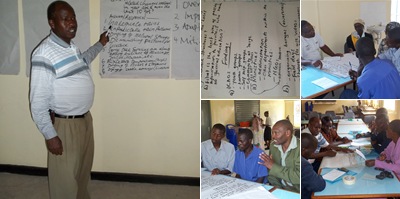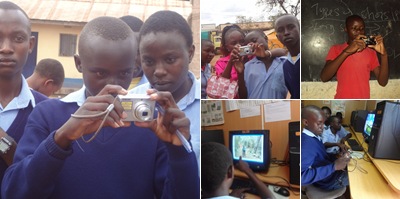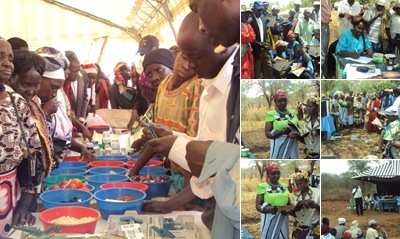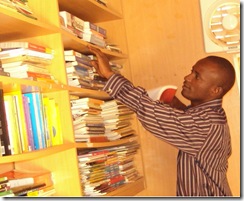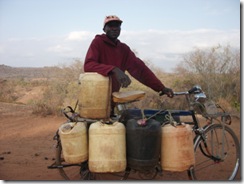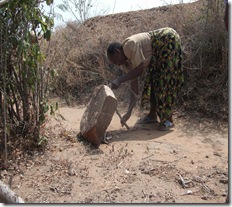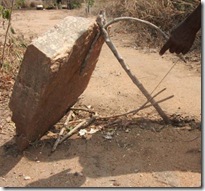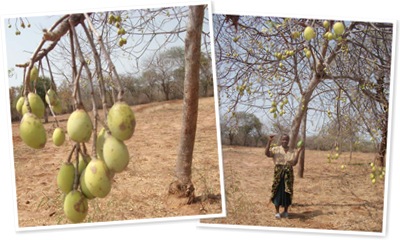Mutomo District Community had a two ( 2 )day on climate change.The workshop, which took place at Mutomo Mission Hospital on 28th & 29th November 2011 attracted participants from Government Ministries,Church officials,the provincial administration,the media and Community Based Organizations.
ALIN’s Project Officer Ms.Esther Lung’ahi facilitated the workshop .She was assisted by District National Environmental Management Authority (NEMA )representative Mr.Pius Kasusya,who took participants through the National Climate Change Response Strategy (NCCRS ).Other speakers included district water officer Benjamin Munyala, Children's officer Janet Mwema and District Forest Officer Samuel Gachagua.
Workshop objectives
• Promote understanding of climate change as a global crisis
• To improve the exchange of practical information on agricultural and climate
change adaptation practices amongst the rural and agricultural communities
• Empower local governance structures to give input into national
policy making by enhancing local knowledge of adaptation and access to
planning processes
• Contribute to participants’ capacity, knowledge and skills in environmental
conservation through best practices such as green energy
During the workshop participants had interactive discussions on issues touching on climate change causes,stakeholder activities and mitigation suggestions.At the end of the workshop,members came up with an action plan.
Please follow this link to see the complete workshop report: Community discussions on climate change
